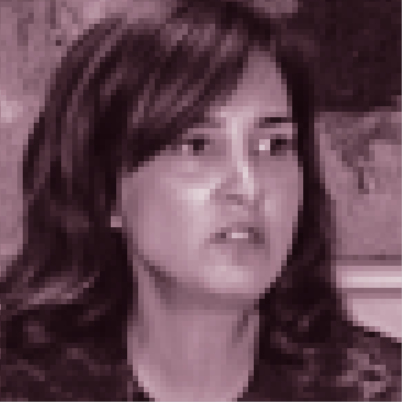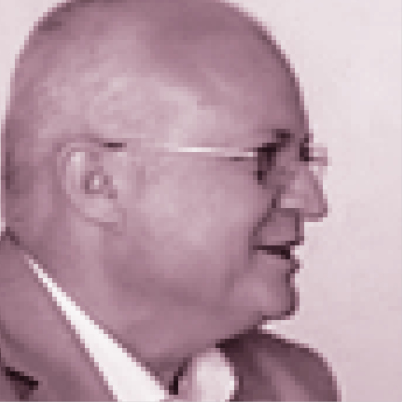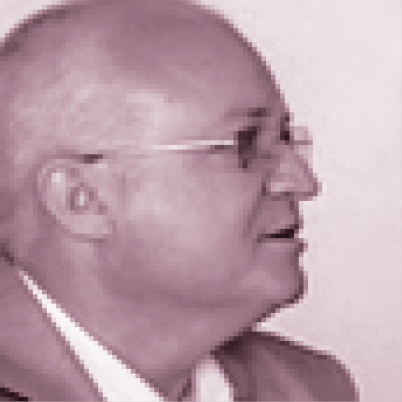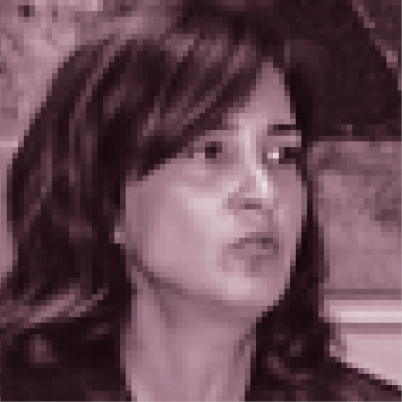Yes. Exactly.
Of course.
You must take a stand. That’s how subject X is going to be covered, that’s how subject Y is going to be covered. If you don’t take this stand, if you accept everything as it’s handed down from Ankara, there is no amount of money that can ever solve the problem.
Except when we start advocating that the private sector take on social responsibilities, lines start to blur. You referred to Milton Friedman earlier; he wouldn’t have approved of this recommendation.
You’re right.
Even advocating this idea of training teachers, never mind spending the money, would be unacceptable to Friedman. But if you’re going to advocate it, you have to base it on some sort of research, and you have to spend money. That line, consequently, isn’t particularly clear.
The debate on education must be carried out in the most open manner possible. Because this is something that concerns everyone directly. Everyone has children; they go to school. It concerns their grandchildren, too. Therefore, it’s important to press for open debate on this at every opportunity. First and foremost, it’s essential to identify the level students are at today. Secondly, we need to educate parents and involve them in the debate. Because they are the electorate, they are the section of society that will demand change. They must be made aware of what’s lacking, what’s needed. Naturally, it’s crucial for the media to be involved here. The media, too, could be much more active in my view.
That’s right; last year there were several important campaigns, all NGO initiatives. There’s a good Anatolian high school where I live, for example[4]. The road was blocked for days and days because parents and students gathered to protest the transfer of countless teachers elsewhere. Some of the high schools, which had been among the finest in Turkey, have been converted into religiously affiliated imam hatip[5] high schools. The curriculum is being tinkered with. But even conservative parents seem to be opposing the conversion of their children’s schools into imam hatip[5] high schools. There has been considerable activism against this conversion of schools into religious schools, and it has made some impact. Good quality schools are scarce in the first place.
The most recent research on imam hatip high schools was conducted for TESEV by Ruşen Çakır and his team in 2004[6]. I’ve not heard of any other NGO study on this topic, which concerns 17 to 20 million students across the whole of Turkey, at least not one that attracted attention. Ultimately, this is the most important issue in Turkey, but back then, we only looked at the issue from a political standpoint. We only studied imam hatip high schools. Yes, they do matter, but an awful lot has changed since then. At the time, we never heard the conservative public say, for example, that they wouldn’t send their children to an imam hatip high school. But now we hear it. All the same, I have no idea what’s going on in imam hatip high schools at present.
Yes, thousands of schools were opened. The problem isn’t just imam hatip high schools, though. Teachers are a major problem. A strategy document was prepared in 2011 called The Teacher Strategy Document; it was a highly acclaimed study. I’ve seen it, too. The study was the product of a very broad debate, the first of its kind. An initiative called the Education Reform Initiative (ERG) made a significant contribution. Perhaps business can help implement some of the conclusions. They’re very important. Take vocational high schools and the Koç Group’s campaign called “Vocational Education: a Crucial Matter for the Nation.” Although it fell short of what is needed, it might have raised awareness, which in itself is a major step. But the campaign barely went beyond the idea of “vocational education is a good thing,” or “vocational education matters.” Koç Group experts coached students, which is great, but nothing was done about the quality of vocational schools. That program ran for about seven or eight years, I think. There were ads everywhere throughout that time. It could’ve been done better, though, especially as it concerns a key need for business and industry.
This problem is as much about the present needs of industry as it is about the future of Turkey. It’s firstly an issue of intellectual resources and secondly an issue of physical ones.









